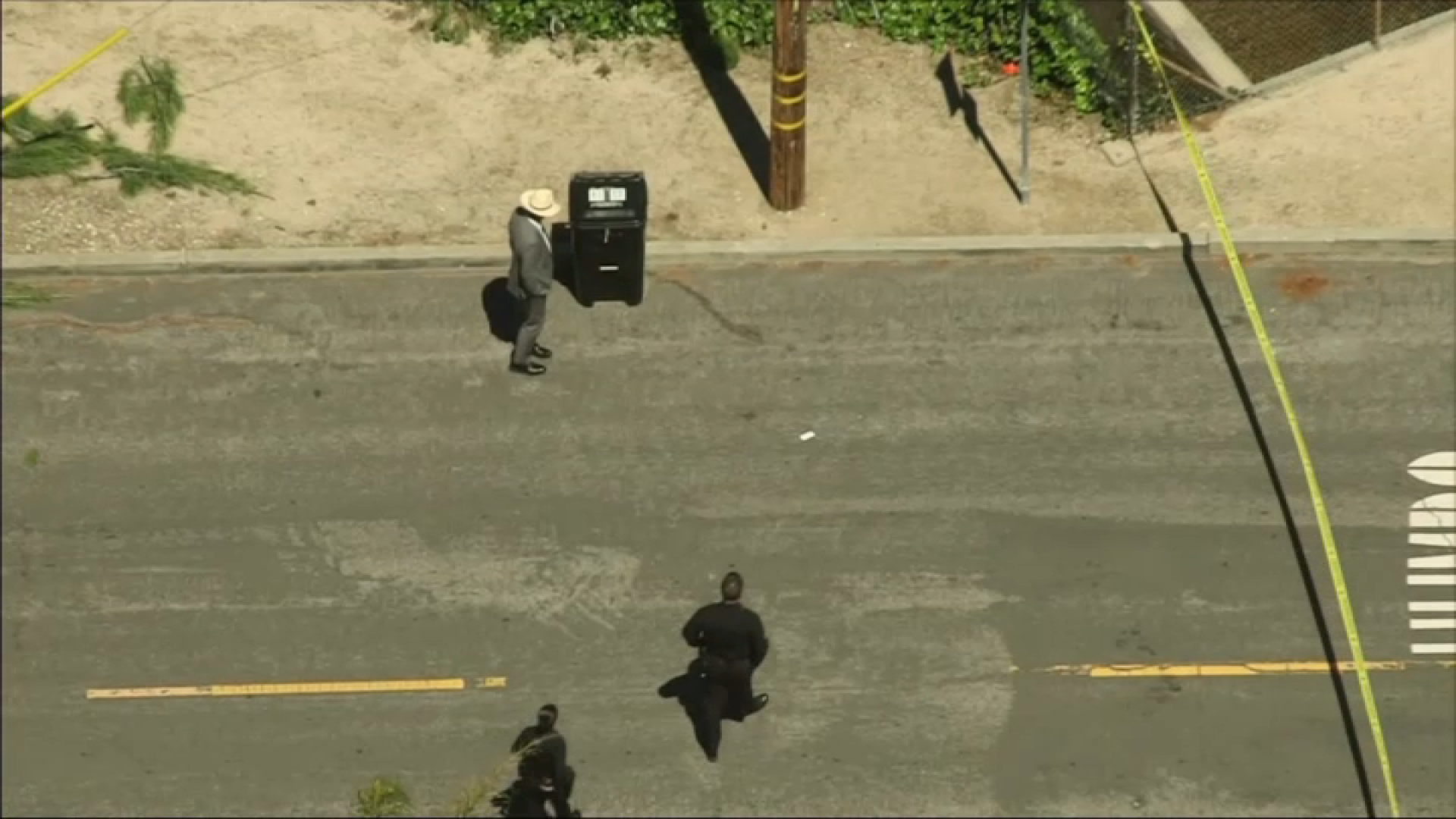The U.S. Department of Education announced Thursday that it has reached an agreement with Occidental College to resolve allegations that students were discouraged from reporting incidences of sexual assault.
The agreement includes the college taking steps that include mandatory training on how to handle sexual assault complaints, providing three years of complaints to make sure that process is prompt and fair and performing annual surveys on the campus climate toward sexual assault.
During the three years the Los Angeles college was investigated for its handling of sexual violence issues, the number of colleges facing similar investigations more than tripled.
Dozens of then-students and faculty members at the Eagle Rock campus filed federal complaints that college administrators had fostered a hostile environment for victims of sexual assault.
"Where we had concerns, Occidental leaders committed to taking appropriate steps to ensure student safety," said Catherine E. Lhamon, the Department of Education's assistant secretary for civil rights. "I am grateful for Occidental's responsiveness during the course of the investigation, as well as its commitment to its students."
In an email to the campus community, college President Jonathan Veitch said: "The close of this investigation does not mean an end to our efforts to make Oxy safe for all of our students. We have made significant progress in addressing the problem of sexual assault on campus, but there is much more that we need to do as a community to encourage survivors to come forward and to change campus culture to prevent sexual assault from occurring."
Title IX of the Education Amendments of 1972 prohibits discrimination on the basis of sex in all education programs or activities that receive federal financial assistance.
Occidental voluntarily resolved the investigation before the civil rights office had completed its review, addressing concerns that arose in the course of the probe. For the issues under review, the board found insufficient evidence that Occidental violated federal law, except with respect to promptness of the college's review of several cases during the 2012-13 school year.
The investigation did reveal concerns in some areas, and the college committed moving forward to secure full satisfaction of Title IX requirements, Lhamon said.
The civil rights office determined that the college's current policy and procedures for addressing complaints of sexual violence and harassment are in compliance, and that the college meets requirements regarding publication of a notice of non-discrimination and having a civil rights coordinator.
The office found insufficient evidence that the college violated a federal requirement to provide an equitable grievance process over the four-year period -- 2010-2014 -- that was examined, but did find that some sexual assault complaints were resolved in an untimely manner.
The investigation also concluded insufficient evidence of a hostile environment on the basis of sex existed during the time period examined.
News
Top news of the day
Finally, there was insufficient evidence to show that the college engaged in retaliatory conduct against the individual students and faculty who advocated for changes in the college's sexual misconduct policies and procedures, according to the findings.
However, the civil rights office was concerned about actions by college administrators to discourage students from speaking up about their experiences with sexual violence, indicating that the college's staff may not be aware of their responsibility to safeguard student speech, along with the Title IX requirement not to interfere with student advocacy.
Staff responses to such advocacy can have an impact on whether students and the broader college community feel comfortable speaking about Title IX protections and reporting complaints of sexual harassment and violence, according to the Department of Education.
In addition, the civil rights office said it is concerned that a recent survey conducted by the college suggested that students are not reporting complaints of sexual assault.
Prior to the conclusion of the investigation, Occidental agreed to take action to resolve all areas of concern and to enter into a voluntary resolution.
Occidental committed to revise its sexual misconduct policy, which the college has already completed to the civil rights office's satisfaction, Lhamon said.



